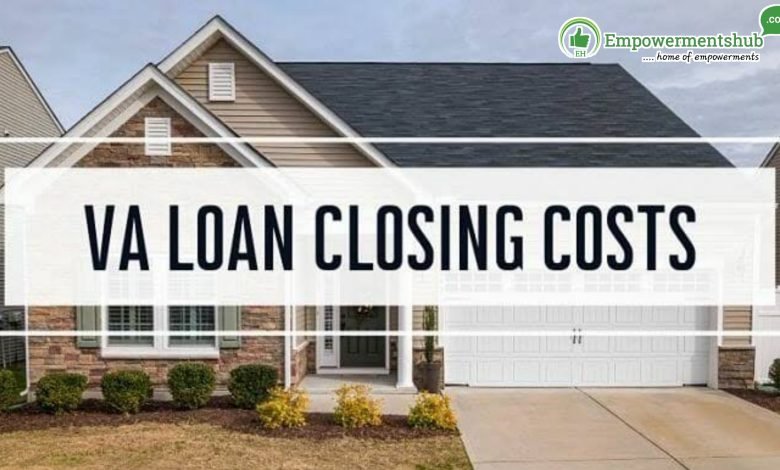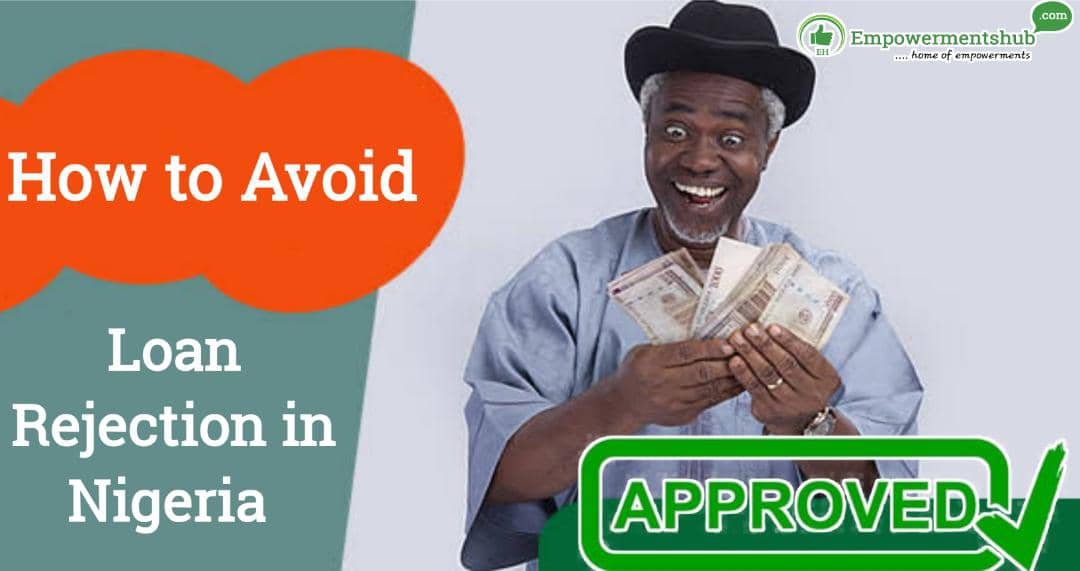Understanding Closing Costs on VA Loans

Knowing the various expenditures associated with buying a house is vital when applying for a VA loan. Closing costs are an important factor to take into account. Planning ahead and creating a budget can be made easier if you are aware of closing fees and how they impact your VA loan. The purpose of this article is to guide you through the crucial financial component of homeownership by giving you a thorough explanation of VA loan closing costs.
What are Closing Costs?
Expenses incurred to complete a real estate transaction are known as closing costs. These expenses, which are shared by the seller and the buyer, usually go toward a variety of services, charges, and insurance premiums. Even while VA loans provide several advantages, such as minimal down payment requirements, it’s important to realize that closing costs are still a factor.
Common Closing Costs on VA Loans
- VA Funding charge: The VA funding charge is one of the biggest expenses related to VA loans. This fee, which fluctuates depending on the down payment size, service category, and loan usage, helps defray the costs associated with the VA loan program. Some veterans, such as those with disabilities related to their service, might not be required to pay this charge, nevertheless.
- Appraisal Fee: To ascertain the worth of the property you plan to buy, an appraisal is required. Usually, the VA lender schedules the appraisal; you are in charge of paying for it.
- Title Insurance: Title insurance guarantees that you have a transparent and marketable title by guarding against any problems with the property’s title. The location and purchase price may have an impact on the cost of title insurance.
- Loan Origination Fee: This charge pays for the underwriting and processing expenses related to the administrative side of your VA loan. Usually, it represents a portion of the loan balance.
- Recording payments: The cost of registering the mortgage and deed with the relevant government agencies is covered by these payments.
- Prepaid Items: Prepaid interest, homeowners insurance, and property taxes are examples of prepaid items. To guarantee there are enough money available to fulfill future payments, these expenses are prorated and paid in full at closing.
RECOMMENDATION: How To Obtain A Veterans Affairs Home Loan
Closing Cost Negotiation
Certain closing fees are non-negotiable, but there may be room for discussion on others. To find out which costs are negotiable, it’s critical to collaborate closely with your lender and real estate representative. It’s possible for some sellers to waive some closing costs, which can lower your out-of-pocket expenditures.
Preparing for Closing Costs
Budgeting appropriately is necessary in order to be ready for closing costs associated with a VA loan. Get a copy of your lender’s Loan Estimate (LE), which lists the approximate closing fees. Examine this page thoroughly to comprehend the itemized breakdown of costs and ask questions about anything you don’t fully understand.
Conclusion
Any real estate transaction, even those involving VA loans, must include closing costs. Gaining knowledge of the different closing fees related to a VA loan will help you better prepare financially and steer clear of any unforeseen expenses when purchasing a property. Collaborate together with your lender and real estate representative to efficiently manage these expenses, guaranteeing a seamless and prosperous closing on your new residence.



